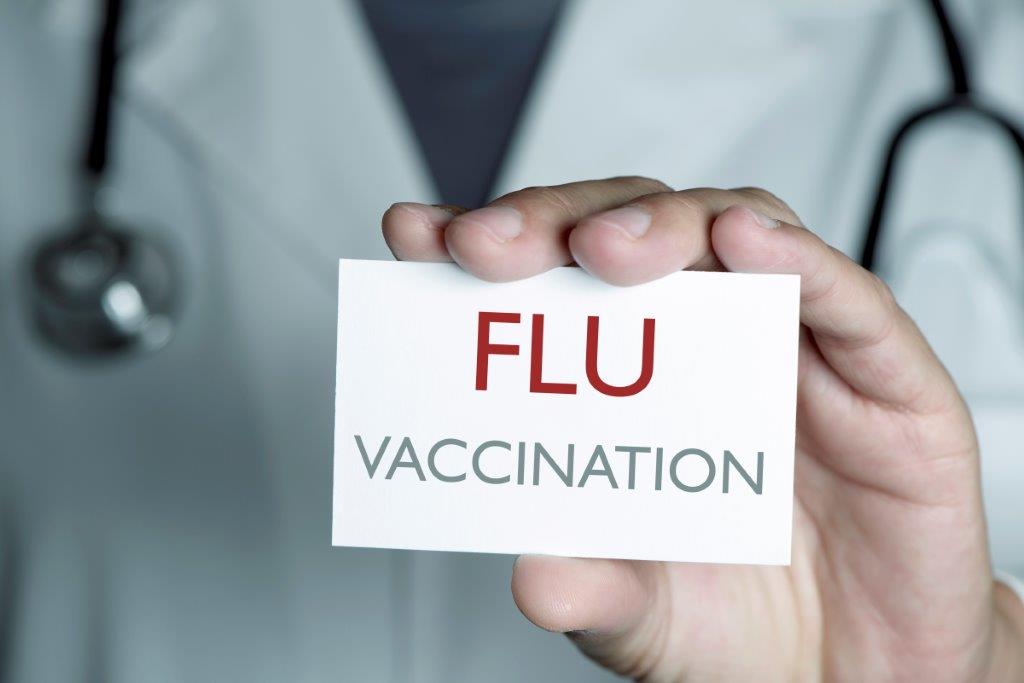Staying Healthy Throughout Cold And Flu Season

As a physician, I am often asked how I avoid getting sick every cold and flu season while treating hundreds of ill patients. I am afraid I don’t have a special secret, but now is the ideal time to talk about several things you can do to stay well through the fall and winter.
I have outlined the best practices to keep you and your family virus free and divided the post into three sections. The first discusses what you can do to avoid making others sick and how to avoid colds, the flu or any other contagious illness yourself. The second section contains specific advice on what I consider the key to avoiding the flu: getting immunized. The last section is on ways to improve your immune system and general health to further reduce your chances of getting sick.
A quick note: Colds are usually mild upper respiratory infections such as nasal congestion, runny nose, sore throat and cough without fever. The flu is usually accompanied by high fever, severe body aches and chest congestion. It is typically much more severe than the common cold. If your main symptoms are severe nausea and vomiting, you likely have gastroenteritis, not the flu.
- Avoid contact with sick people
- If you are sick, stay home until the fever has been gone for at least 24 hours (without the aid of fever reducing medications).
- Cover your nose and mouth with a tissue, if possible, when you cough or sneeze.
- Coughing into the crook of your arm is acceptable if no tissue is available.
- Wash your hands frequently with soap and water or anti-septic gels.
- Disinfect surfaces that may have been contaminated with other people’s germs.
- Try not to touch your eyes, nose, or mouth.
- In severe flu seasons, you may want to avoid large gatherings of people.
- Get a flu shot
The CDC (Center for Disease Control) recommends that nearly everyone be vaccinated yearly before every flu season. (Children younger than six months are too young to be vaccinated). There are a few other exceptions and you should check with your primary physician’s office if you have questions. For more information, visit the CDC website.
Quick facts about the flu shot:
- Vaccination is the primary defense against getting the flu
- The vaccine changes yearly to protect against the predicted common strains of the flu in any given season.
- People at high risk for complications such as young children, pregnant women, people with chronic health conditions and the elderly are the highest priority for vaccination.
- Health care workers and caretakers of anyone at high risk, should also make sure that they are vaccinated, both to protect themselves and to avoid infecting vulnerable people they may be caring for.
- Boost your immune system.
Your body has many ways to protect you from infection. Taking care of it will help your immune system keep you healthy. There are several common-sense ways to improve your body’s ability to fight off infection. The following are some tried and true ways to keep yourself healthy through the winter. 
- Get the proper amount of sleep (7-8 hours/night)
- Make sure you are eating a balanced, nutritious diet.
- Maintain your exercise regimen through the winter
- Reduce stress
- Stay hydrated
- Take a good multivitamin
Getting sick every cold and flu season is not inevitable. Following the above advice will increase your chances of staying healthy this fall and winter. Call your doctor’s office with specific questions and to review your flu vaccine options. Remember, prevention is your best line of defense against seasonal illnesses.
In health,
Dr. Bruce Baker
Medical Director
To read more blog posts written by Dr. Baker, click here.



